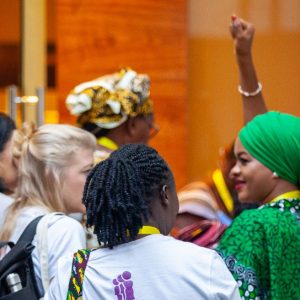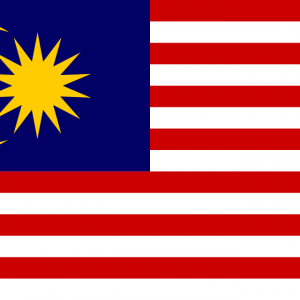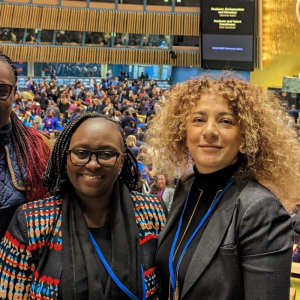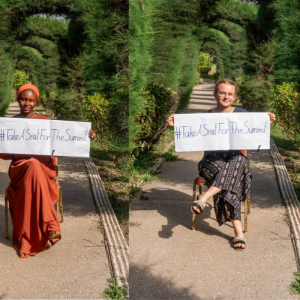Below is a blog written by Feed The Minds, who we partner with alongside ECAW in our programme toward an end to FGC in Kuria, Kenya. This blog in part first appeared here.
ECAW held a meeting with church leaders in Chinato to understand the challenges they face, in January, following the December cutting season.
Here in Kuria, as elsewhere, the churches have stood firmly against the cutting of girls and women. In the months leading up to December 2014 they campaigned strongly among their congregation. Pastors spoke passionately from the pulpit. Church leaders held counselling sessions with the families of girls ‘at risk’ and made home visits to persuade parents who were under pressure to have their daughters cut. Church members even offered sanctuary to girls who ran away from their families to avoid the threat of being cut.
The cut is announced by the Clan of Elders after visiting the sacred places in the forest. Many people in Kuria fear the ‘witchcraft’ used by the Elders to incite people to cut their girls. They believe the Elders can reach out through this witchcraft and harm them and their loved ones. Church leaders believe that the power of prayer can overcome such witchcraft and as December approached they felt confident that if there was a call to cut, the families in their congregations would resist and stand firm and the girls would remain uncut.
However, as the momentum of the Clan of Elders instruction to cut took hold, many families among their congregations gave in to the pressure from the whole community and chose to have their girls cut, despite all the efforts of the churches.
We asked the churches and church leaders how they were responding, now in January, to those families whose girls were cut in December.
They all agreed that this was a real challenge. Different churches have responded slightly differently, however, all have felt the need to take a strong stance and to punish those who have gone against the teachings of the church and have had their girls cut. Many churches are excluding both the parents and the girls from participating in church activities, including services, for 6 months or a year. Some accept the family back only if they truly, and publicly, repent of their actions. Others accept the girl but exclude the family members who took the decision.
One church, Happy Church, was more lenient, excluding only the parent who made the decision to cut from attending church. Miriam Gachenge, the church treasurer said that this was because “separating the girl from her church when she is cut would be a double punishment”.
“Whether to maintain relationships? Whether to forgive? Whether to punish or seek justice? Whether to demand repentance?”These and other questions are being repeated throughout the communities in Kuria which cut in December 2014 and will have repercussions into 2015 and onwards to the next anticipated cut in 2016.
It struck us that the rights of the girls did not feature in the decision-making about how to respond to families who had gone ahead and had their girls cut. The decision-making seemed more related to the church not losing face having campaigned against FGC and therefore needing to make an example of those who ‘disobeyed’, rather than considering how best the girl and the family might be supported in the future.
Ultimately, church leaders need to be engaged with the whole community in discussions around the practice to understand more, share opinions and dialogue on the practice, coming to consensus around what should be done. For FGC to end the whole community must come together, find consensus and together shift the social norm to not cutting, as well as come up with a way to support girls who have undergone the cut.






